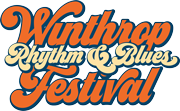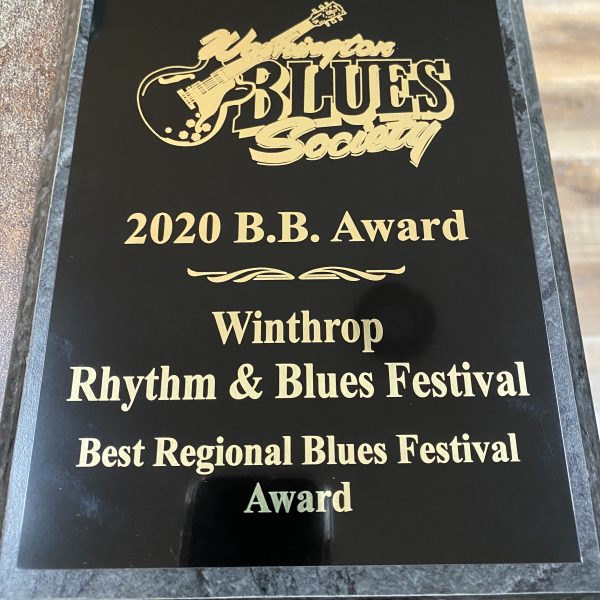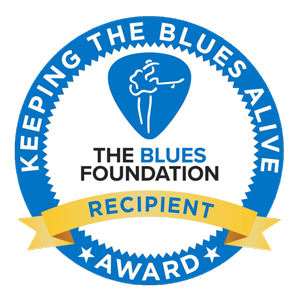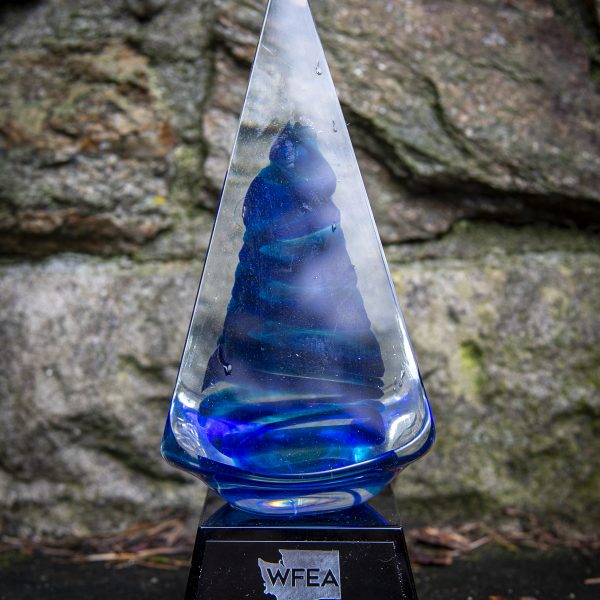Nat Myers
Korean-American blues poet Nat Myers’s debut album, Yellow Peril, is full of jumpy blues songs about hopping trains, burning up highways, running from some danger but also running toward something harder to define and even harder to catch. Full of intelligence and soul, contradiction and nuance, these songs reflect his restlessness and wanderlust in their fleet riffs, complex rhythms, and quick tempos, as he draws from a variety of stylistic strains and historical threads to weave a complex epic about life in post-pandemic America.
Myers picked up guitar early in life, but his major focus was reading and writing poetry. In turn, poetry brought him back to music. His father loved blues, and Myers heard in the music a kind of epic poetry that told American stories. He threw himself into blues, bringing his poetry skills to the genre to produce his own epics.
Myers studied poetry at the New School in New York City, busking on street corners and in subway stations. But when COVID-19 struck, Myers retreated home, waiting out the pandemic and uploading videos of his performances to social media. Those clips caught the ear of Dan Auerbach, the Black Keys frontman and founder of Easy Eye Sound Records, who reached out and asked to meet up in Nashville. They hit it off, and Myers made several more trips down to Nashville to co-write with Auerbach, famed songwriter Pat McLaughlin, and blues legend Alvin Youngblood Hart. Myers and Auerbach cut a dozen songs in three days, and the mood, like the music, was jubilant and energetic. Myers’ songs reflect his experiences as a Korean-American, especially through the pandemic, which brought out anti-Asian sentiments in people who felt threatened by the presence of people like Myers. Steeped in history, in poetry, in old 78s, Yellow Peril nevertheless sounds current, capturing its creator’s idiosyncrasies as well as the country’s contradictions. Not only did these songs help Myers connect with his own heritage, but they allowed him to keep moving through America—onward as well as upward.




